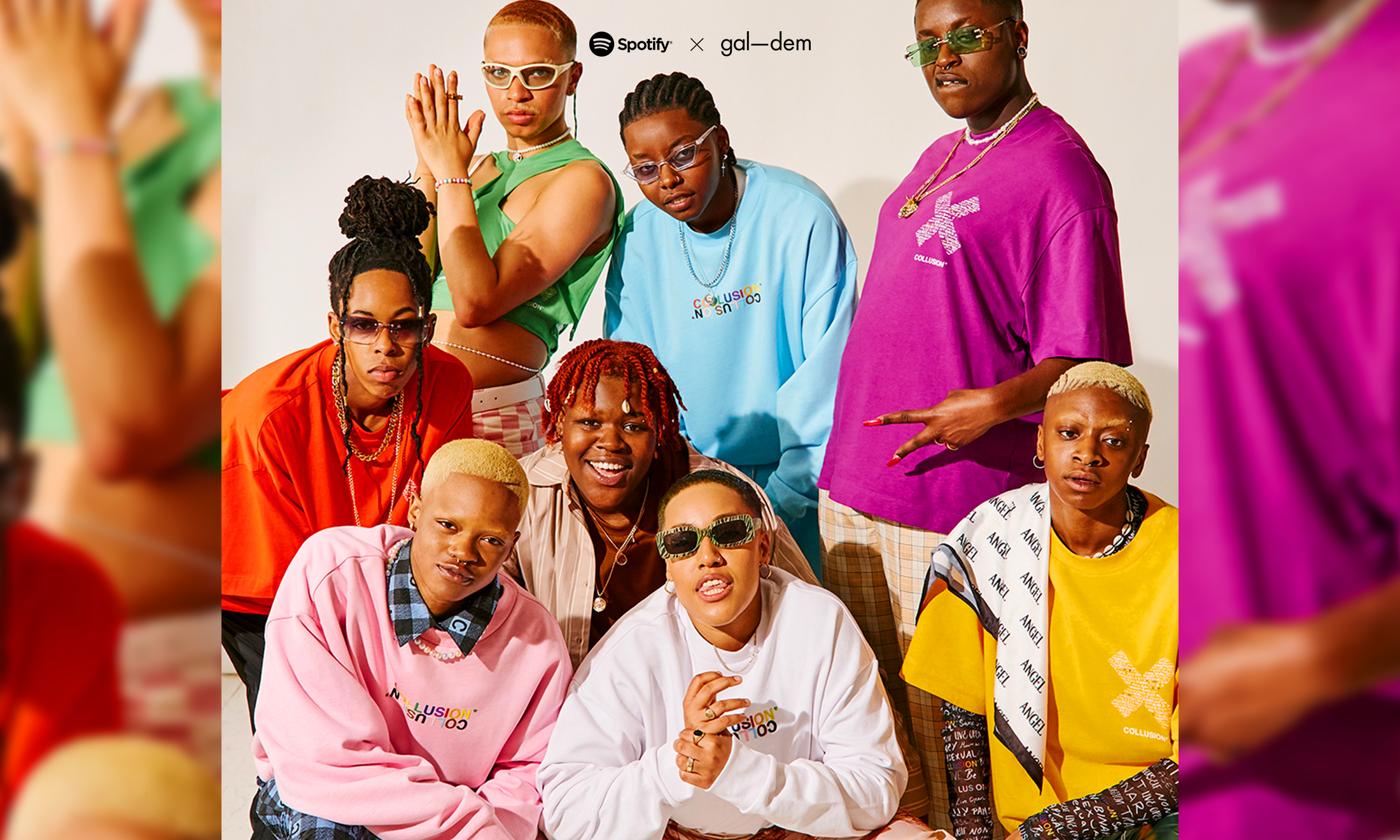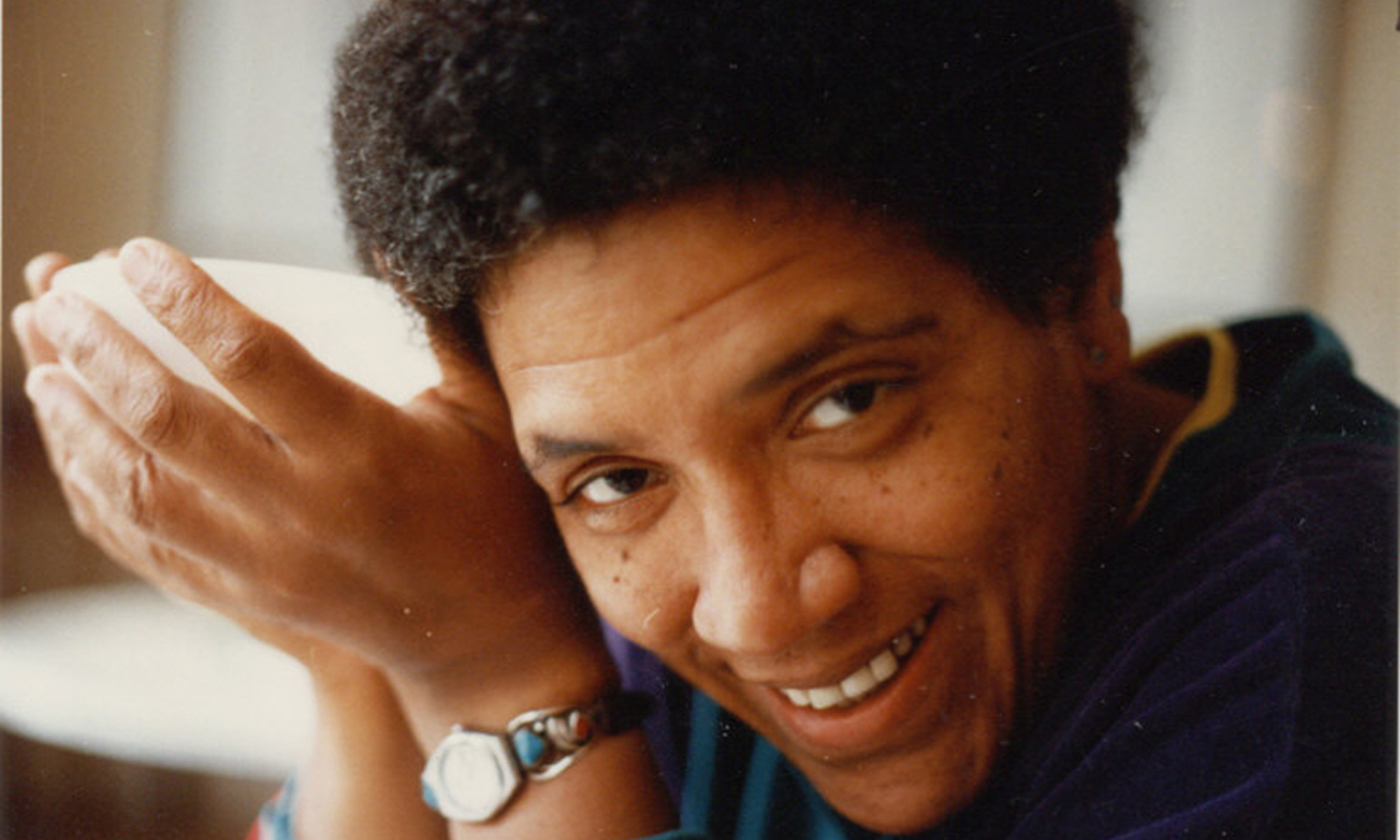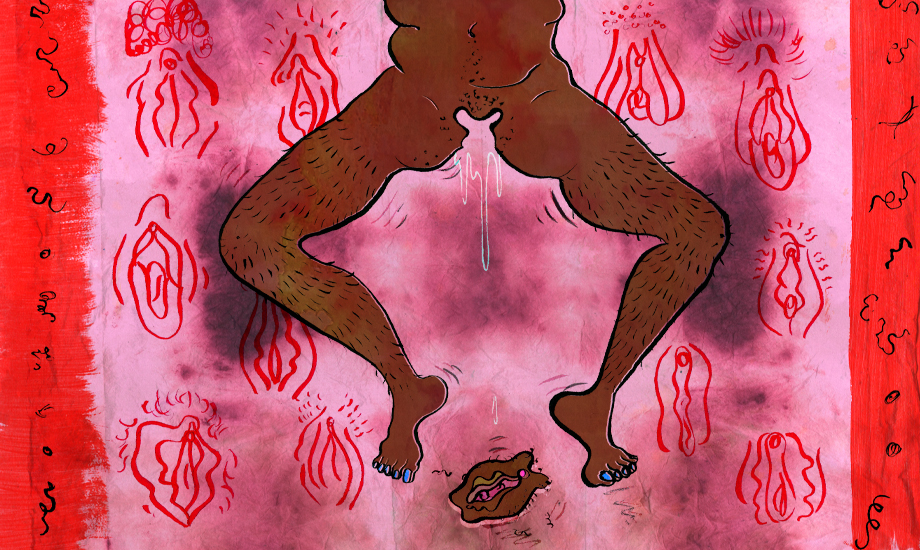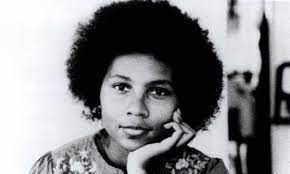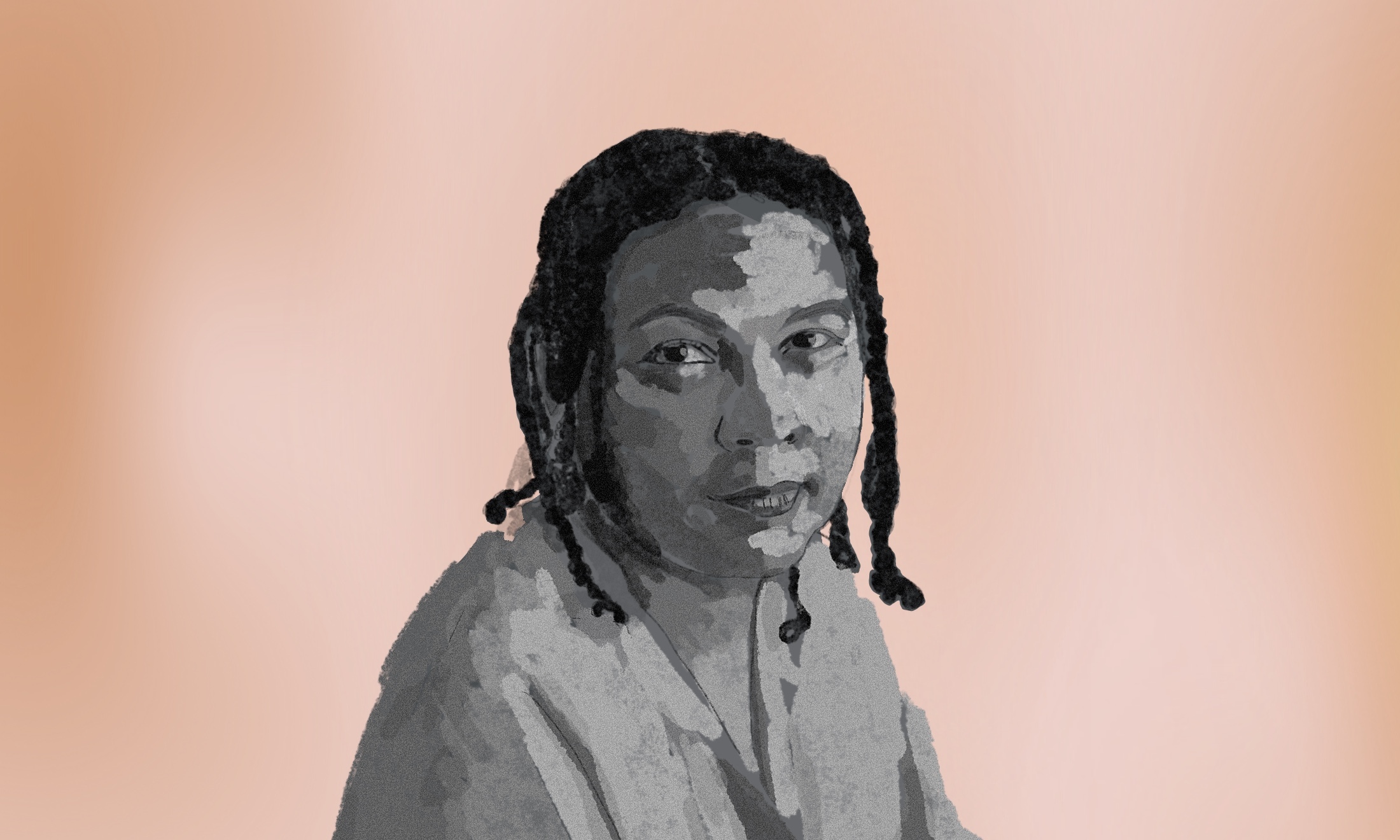
Diyora Shadijanova
Re-reading bell hooks as a ritual of radical mourning
Through her unapologetic, unwavering words, bell hooks taught us how to be unafraid to love, and how to be free.
Tao Leigh Goffe
18 Dec 2021
Before the term intersectionality came to shape how we talk about Black feminism, bell hooks did vital work both on and off the page to articulate the meaning of Black womanhood in the 1980s and 1990s. Simply put, bell hooks, who died on 15 December 2021 aged 69, was the prerequisite for feminist study. She refuted the way white women have excluded women of colour from feminism. bell hooks gave us the vocabulary of “white supremacist capitalist patriarchal values” to denounce combined oppressive structures in society. A prolific essayist, poet, and cultural critic, hooks is the foundational reading assigned before the reading.
To read and to know hooks requires a re-reading of her. Every few years, I return to her classic books Black Looks: Race and Representation (1992) and Aint I a Woman: Black Women and Feminism (1981) and a new line glimmers like a gem I had not noticed before, because I am different now. Her work, like much of Black feminist writing, pushes you to evolve. You begin with bell hooks, you return to her, and you begin again with all the necessary critiques of her that she would welcome. Her work shifts you. She set so many radical thinkers flowing with her brave declarations. Proclaiming love to be a revolutionary act in All About Love: New Visions (2000), hooks gave the oppressed a language and license for how to be loved in the margins as a place of possibility.
“You begin with bell hooks, you return to her, and you begin again with all the necessary critiques of her that she would welcome”
Now that she is gone, the world feels crueller and smaller as millions mourn digitally with virtual outpourings of mixtapes, collages, and odes to how bell hooks taught them how to critique and how to love. By not asking permission, she granted us the license to unabashedly be. The ‘us’ is as expansive and inclusive of everyone who read her. hooks’ politics was as radical and vulnerable as it was inclusive. To be a reader was to be her student, and her impact is felt in India as it is in the United Kingdom and Nigeria. Her fierce mode of critique was local and international in scope, dissecting how power is structured through the interlocking structure of white supremacy, capitalism and patriarchy. She implored her readers to love and be loved.
In her essay ‘The Oppositional Gaze,’ she taught her readers the power in looking and often wrote about the stakes of representation in visual culture and film. She took people to task – Beyoncé, Spike Lee, Manthia Diawara – in order to grapple with the value of art and the ethics of representation. hooks embraced theory as having potential to be liberatory, because it is an act of generation. She wrote and spoke in a manner that was unaffected and clear. Free of academic jargon, her prose is direct, acerbic, and deceptive in its simple elegance that feels like she is having a conversation with you. hooks modelled an articulation of politics as unapologetic, unwavering, generous, rigorous and reflexive.
bell hooks’ expansive body of work is the philosophy for getting free and so the loss for the universe of ideas is of intergalactic proportion. Time and again, Black women dare to write the unfinished draft for revolution by dreaming out loud. Black women’s theorizing and acts of protest make possibility possible. To paraphrase Toni Morrison and her novel Sula, to be a new world Black woman is to extract choice from choicelessness. In her 1987 dissertation, hooks analyses Morrison’s literature to explore the kinship of Black women. The collaboration forms a branch of connection, of a Black femme feminist genealogy between the two literary giants who effortlessly negotiated the academy, criticism, theory and the public sphere.
“Time and again, Black women dare to write the unfinished draft for revolution by dreaming out loud”
Born Gloria Jean Watkins in segregated Hopkinsville, Kentucky, hooks’ genealogy leads to US Southern working-class roots. Appalachia is home to many with African, Native, and European heritage and bell hooks looked to the mountainous landscape for the poetry of her ancestral connections to stolen land and life. Her maternal great-grandmother, Bell Blair Hooks, is inserted into her work and her name – one she took on herself as a political act. In disrupting conventions of grammar, she demonstrated the politics of the lowercase, refusing capitalisation and the individualistic logic of capitalism. She explained she wanted her work and words to be more important than herself, and articulated Black feminism in terms that made it irresistible and inclusive.
Though she was affiliated with a variety of academic institutions throughout her long career, she continually defined her own intellectual community as her political community of fellow travellers. Returning to her native Kentucky, where she taught at Berea College for many years, she passed away at home, fittingly surrounded by family, chosen and otherwise.
It is a melancholy truth that the words of many Black feminists become misunderstood and recycled as inspirational quotes across the Internet. In some academic circles, the worst thing a professor can do is be popular. bell hooks’ work lives defiantly free beyond paywalls, and she embraced writing about popular culture and art wholeheartedly, from Lil’ Kim to Paris Is Burning to Lorna Simpson.
“bell hooks’ work lives defiantly free beyond paywalls, and she embraced writing about popular culture and art wholeheartedly”
Yet, beyond the snippets of sentences shared and re-shared, hooks taught us the beauty of the genre of the essay as a Black feminist mode of enticement. Writing about love, affect and emotions runs the risk of not being taken seriously. Yet it marks the optimism and investment in a decolonised future where patriarchy will be dismantled. Prophetic and prescient, her prose reads as if it was written in 2021, but only because we are still catching up to her. hooks’ articulations feel as if we already knew them.
We have lost her too early at the age of 69, and one cannot help but wonder the continuing impact she would have had. The gaping wound of her absence feels abrupt, like so many deaths over the past two years. 2021 has stolen so much from us prematurely. There is a roll call of Black public figures dying – Greg Tate, Melvin Van Peebles, Lee Scratch Perry, Michael K. Williams, Charles Mills, Robbie Shakespeare, Tyler Stovall, Julius Scott, and on and on. With the backdrop of mass death and the Covid-19 pandemic determining premature death for those society makes the most vulnerable, none of it seems random.
“Did she know how loved she was? She was an architect structuring the scaffolding of future generations’ freedom with her dreams”
As an act of mourning, people seem to be reading hooks now more than ever. Did she know how loved she was? She was an architect structuring the scaffolding of future generations’ freedom with her dreams. The bitter irony of Black eulogy these days is that it is signalled by virality – to see a name trending during this time feels ominous, when often funerals cannot be held as new variants mutate. The delayed temporal ritual of collective mourning forms a sorrow song, reminding us that Black funerals have always been celebrations of livingness and vibrant sociality.
Each death makes the last hurt more as we try to process stalled grief and deferred elegies. We know the pandemic’s scythe cuts unevenly in the harvest that is Black death globally. Let us now take re-reading hooks as a ritual of radical mourning. As we cite bell hooks, let us read her choice about whether to include footnotes or not as a political choice. Let us try to understand who structured hooks’ universe of ideas, whether she named them or not, in the way that she was formative to so many – Toni Morrison, Stuart Hall, Julie Dash, Frantz Fanon, Michel Foucault. She was a guiding star in the constellation called Black feminist thought, and she will continue to be for generations to come.






